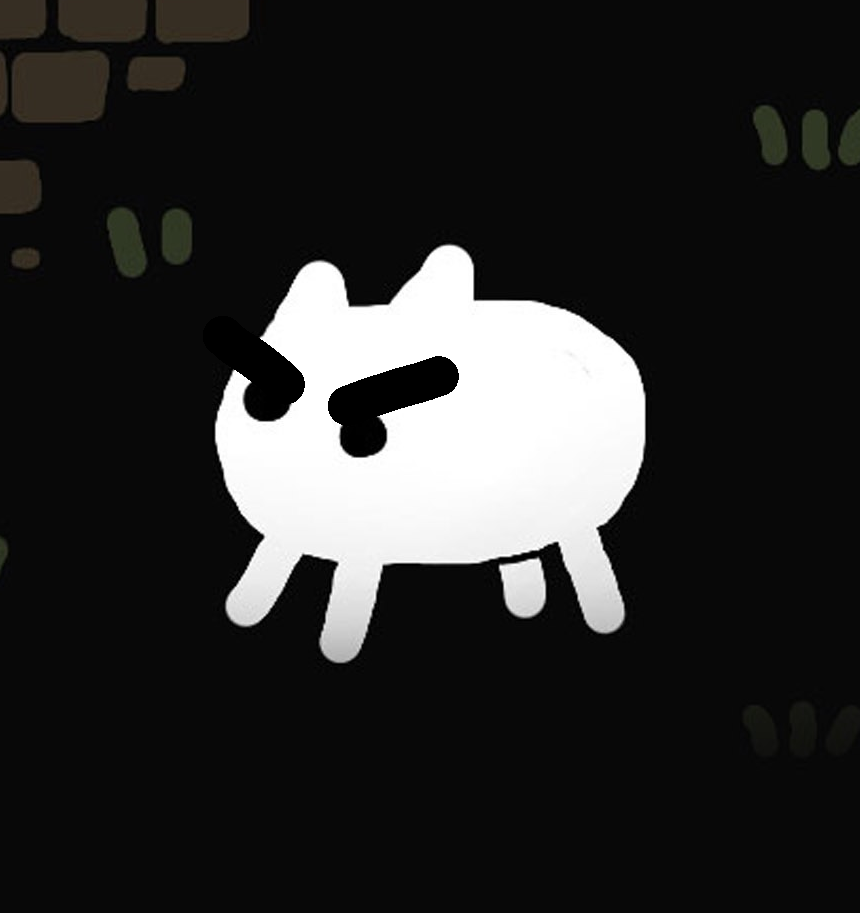Pic vaguely related. When playing persona 3/4/5 it slowly dawned on me how it's kind of fucked up that the game incentivizes you to always tell people what they want to hear and change your personality constantly to match the situation (swapping personas). It further encourages this by granting gameplay benefits for ranking relationships up, and at least in the case of 4, locking the true ending behind being the most efficient at getting people to like you.
I haven't played many visual novels/dating sims, but from my limited experience the interesting ones tend to acknowledge this in some way. Doki Doki gets kind of close with it's meta fuckery but the focus is more on how being a visual novel character would suck than about player manipulation. Echo nods in this direction in some scenes where people notice how off the player character is acting, but it's mainly about gay trauma and some other stuff I think I don't get because a) I'm not from a decaying american small town and b) I'm not a furry. Not in the genre, but I thought that was where Deltarune was going with the weird route, but the recent lore dump points more in the direction of commenting on sequence breaking/glitching the game for some as of now unknown purpose.
I feel like the premise of a game calling you out for acting creepy as fuck is obvious enough that something like this must already exist. Does it ?(reccs for good VNs in general are also appreciated)


Its not exactly what you're asking for but: I think Knights of the Old Republic II and Kreia specifically are Obsidian's meta commentary on choice and morality in videogames in this vein. From a certain point of view you could make the case they argue to act even more sociopathic...but the interesting thing they both acknowledge without fully breaking the fourth wall is that ultimately the player is the only one who truly has the ability to make any sort of choice and that ultimately nothing matters except for what they themselves have experienced along the way. Its essentially an argument that the moral/narrative framework a videogame choice and morality system presents is itself a statement about what the developers believe that can and should be interrogated and critiqued itself.